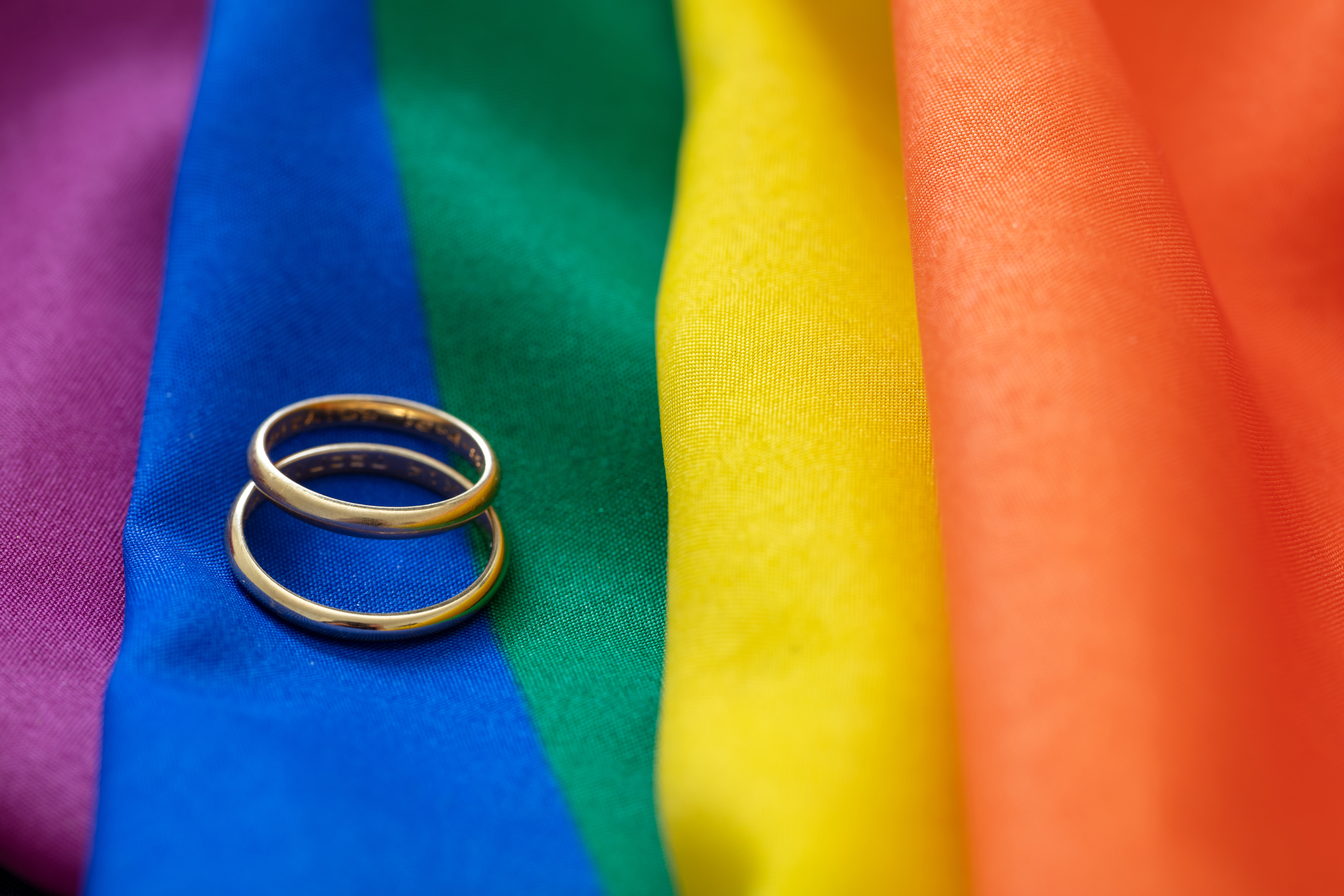
Throughout history, heterosexual couples have enjoyed the freedom to enter into the institution of marriage without any obstacles. In contrast, same-sex couples have been barred from access to this fundamental right. Fortunately, the Supreme Court’s decision in Obergefell v. Hodges on June 26, 2015, marked a historic milestone for civil rights in the United States, particularly for the LGBTQ community. The ruling declared that bans on same-sex marriage existing in various states throughout the country were unconstitutional. With this decision, same-sex couples were granted equal rights, meaning they would be treated the same as their heterosexual counterparts. Although divorce law applies to all married couples, same-sex couples should be aware of some unique challenges if they find themselves going down that road. If you’re seeking a same-sex divorce, you should consider enlisting the help of a knowledgeable Garden City Divorce Lawyer who can guide you through each phase of this complicated and frustrating legal process.
What Are the Legal Considerations for Same-Sex Divorce?
Although there are no separate rules for same-sex couples seeking the dissolution of their marriage, there are unique challenges that their heterosexual counterparts don’t encounter when they find themselves headed for divorce. As mentioned above, same-sex marriage was not recognized in all fifty states until 2015. That said, many LGBTQ partners were together and cohabiting for decades before the legalization of same-sex marriage at the federal level. During cohabitation, couples accumulate assets and build wealth together. While the commitment is there, the court does not consider cohabitation when determining the division of assets, alimony, child custody, etc. The court only considers the length of the marriage. This means their assets accumulated before legal marriage will not be considered during property distribution. Ultimately, this can lead to an unfair division of assets.
DO LGBTQ spouses qualify for alimony?
LGBTQ spouses may be entitled to alimony when they get divorced under the same rules that apply to heterosexual divorces. However, the judge will consider the actual need of the spouse seeking this type of financial support and the ability of the other spouse to afford this maintenance. However, similarly to the challenges LGBTQ partners face during the divisions of assets, determining alimony or spousal support can be just as complicated in a same-sex divorce. It’s important to understand that alimony or spousal support is not automatically granted, and there are no guarantees that the court will award it. The judge has broad discretion to determine whether alimony is appropriate based on various factors, including the length of the marriage. When a relationship lasts much longer than the marriage, the judge may not consider unmarried years when determining alimony, which can lead to an unfavorable outcome.
If you’re considering a same-sex divorce, please don’t hesitate to contact a determined lawyer from the Law Offices of Eyal Talassazan, P.C., who can help you navigate the unique challenges this legal process presents. Allow our firm to represent your interests today to maximize your chances of achieving the best possible outcome for your case.
